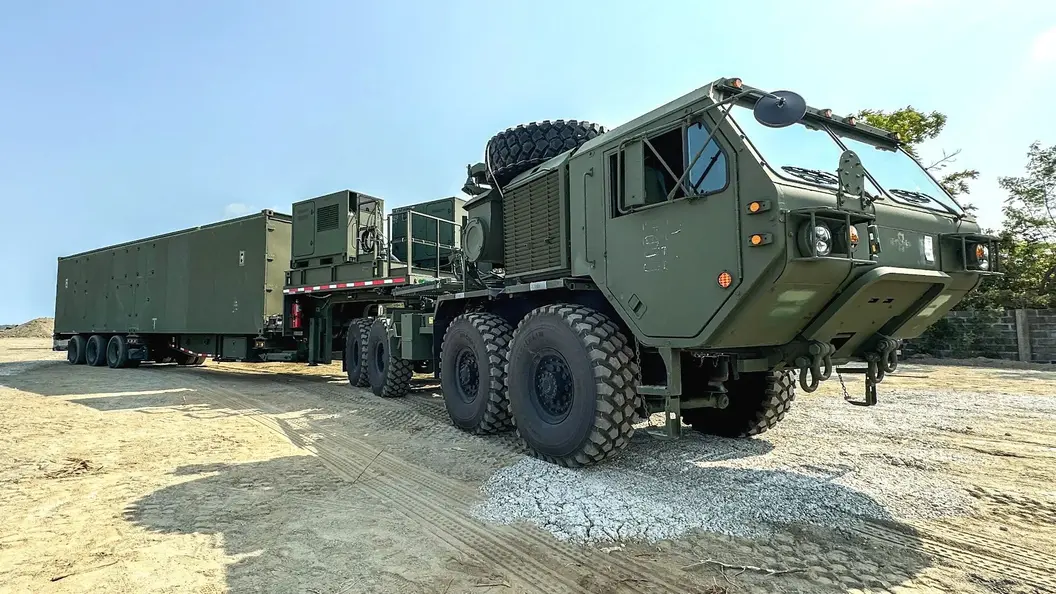Sudan’s army has kicked off a significant military operation against the Rapid Support Forces (RSF), a powerful paramilitary group, as the civil war that has engulfed the country since April 2023 continues to escalate. This new offensive represents a critical attempt by government forces to regain control of areas lost at the start of the conflict.
Dawn Strikes Targeting RSF Bases
On Thursday morning, the Sudanese military conducted coordinated strikes, bombarding RSF bases in both Khartoum and the nearby Bahri region. Residents reported that artillery and air strikes began overnight and intensified at dawn, creating chaos and fear in the capital. In a bold move, government forces crossed key bridges over the River Nile, which separate areas controlled by the army from those held by the RSF.
Deepening Humanitarian Crisis
The ongoing conflict has been labeled by the UN as one of the world’s most severe humanitarian disasters. Estimates suggest that around 150,000 people have died, and more than 10 million—about one-fifth of Sudan’s population—have been displaced. This military escalation comes despite efforts by the United States and other nations to negotiate a ceasefire, with discussions currently taking place at the UN General Assembly.
MUST READ: Navigating The Hurdles To An Israel-Hezbollah Cease-Fire
Responses and International Criticism
The RSF claims to have thwarted the army’s advances, although reports of clashes and smoke rising from central Khartoum persist. General Abdel Fattah al-Burhan, Sudan’s de facto leader, spoke at the UN, expressing support for peace initiatives but only if they lead to the RSF relinquishing control. He criticized the international community for its lack of action and accused regional countries of supporting the RSF for their own political benefits.
Civilian Impact and Urgent Calls for Action
The UN has urgently called for measures to protect civilians and halt the ongoing fighting. Since September, at least 78 civilian deaths have been recorded due to artillery fire and air strikes in the Khartoum area. Both the army and the RSF have faced accusations of targeting civilian populations, exacerbating an already dire situation.
“Relentless hostilities across the country have brought suffering to millions of civilians, leading to one of the fastest-growing displacement crises in the world,” a UN spokesperson noted. Alarmingly, half of those displaced are children, with many fleeing to neighboring countries.
Hunger and Health Emergencies
The UN has labeled Sudan as facing “the world’s largest hunger crisis,” raising concerns of widespread famine as agricultural activities have ground to a halt. Additionally, a cholera outbreak has claimed over 430 lives in the past month, further complicating medical response efforts amid the chaos.
As the Sudanese army intensifies its offensive against the RSF in Khartoum, the humanitarian crisis worsens. With millions displaced and critical shortages of food and medical care, there is increasing pressure on the international community to respond effectively to this escalating tragedy. The days ahead will be crucial for the future of Sudan and its people.
ALSO READ: Key Areas Of Focus For India-Egypt Trade Relations


















